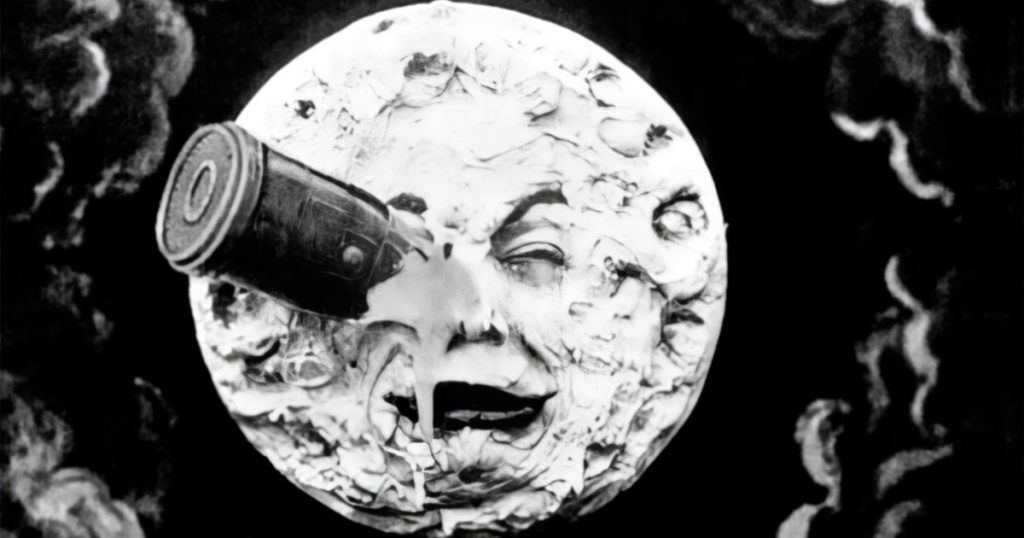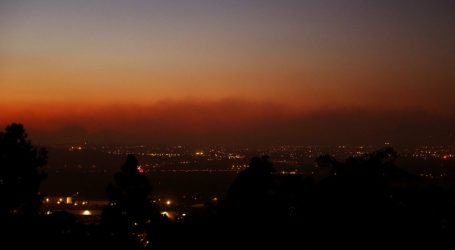Russian Spacecraft Crashes Into the Moon, “Ceases to Exist”
VOYAGE TO THE MOON, 1902 (LE VOYAGE DANS LA LUNE), directed by GEORGES MELIES. Copyright MELIES. Credit: MELIES/Album/Zuma
Fight disinformation: Sign up for the free Mother Jones Daily newsletter and follow the news that matters.Russia’s space program, commonly known as Roscosmos, is employing some impressive verbal gymnastics to explain the failure of its pilotless spacecraft to land on the south pole of the moon this weekend. “The apparatus moved into an unpredictable orbit and ceased to exist as a result of a collision with the surface of the moon,” the agency said in a statement.
In other words, it crashed into the moon. (I checked with a Russian-speaking friend who confirmed that the statement is also funny in the original Russian. “Fbbcbd,” she wrote, implying laughter.)
You really can’t blame Russia for trying to gloss over the cruel reality that its very expensive rocket face-planted onto the surface of the Earth’s only natural satellite. NASA has certainly done its share of damage control over the years. But describing a spacecraft that was likely destroyed in a violent explosion as having “ceased to exist” is a marvel of passivity that would make cops jealous.
Russia has been in a race with India to be the first country to land a spacecraft near the moon’s south pole. Unlike during the original Space Race, Russia is not in a Cold War but a hot one. Its attack on Ukraine has led to its alienation from other countries that might have helped it technologically. The New York Times had some harsh words about the competence of Russia’s space program:
When missions are lost during orbital engine firings, the cause often turns out to be shoddy manufacturing and inadequate testing. Those shortcomings were the basis for the failure of Russia’s last major robotic interplanetary probe, Phobos-Grunt, in 2011. Another factor could be embarrassing human error, like when NASA’s Mars Climate Orbiter burned up in the Martian atmosphere in 1999 because of a mix-up between metric and imperial units.
Thankfully, the moon is recovering in stable condition.





